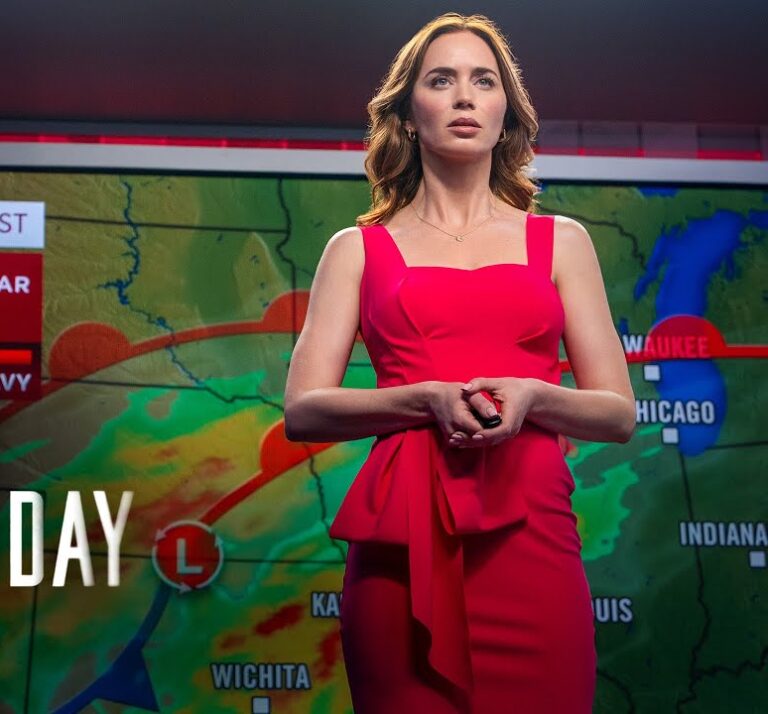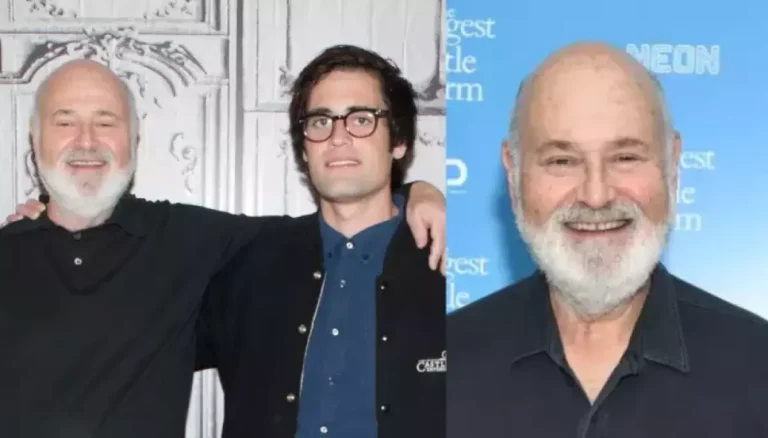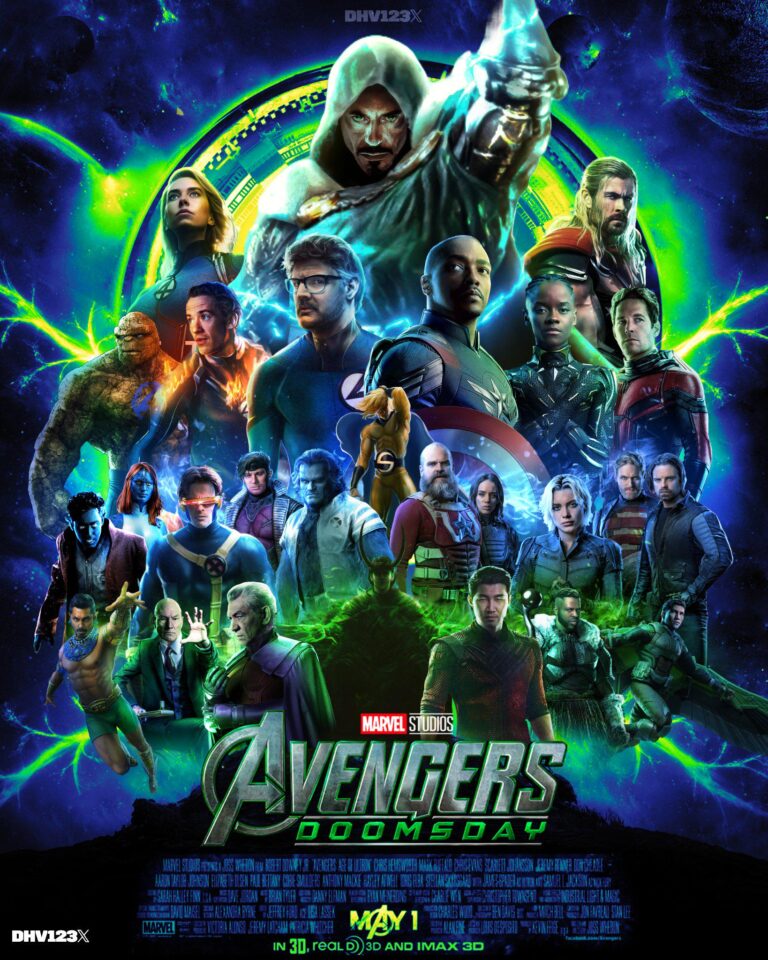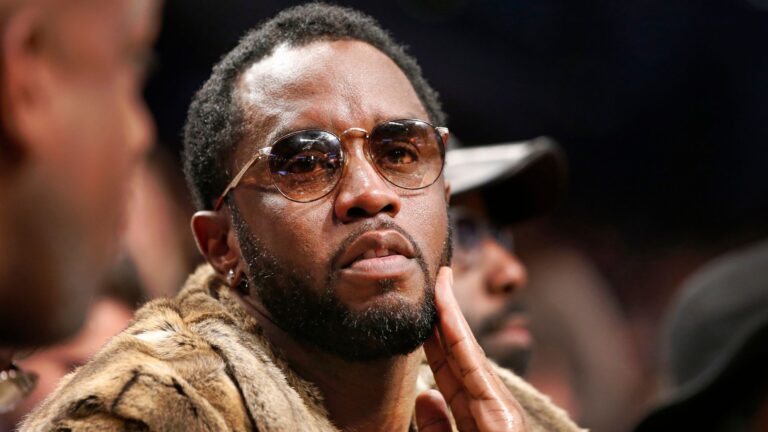Israeli Yuval Abraham and Palestinian Basel Adra spent five years filming a documentary about Adra’s rural life during the Israeli occupation.
Israeli Yuval Abraham and Palestinian Basel Adra spent five years filming a documentary about Adra’s rural life during the Israeli occupation. As a result, “No Other Land” was born, and it has since won accolades at film festivals throughout the world for being a powerful documentary.
Despite the praise, it has sparked controversy, resulted in death threats against its creators, and remains unreleased in the United States.
The full-length documentary has already sold out in numerous foreign markets; it opens this week in France and next week in the UK. Following its screening at the New York Picture Festival, the Lincoln Center will showcase the picture for a weeklong run that qualifies it for the Oscars, starting Friday. So, it’s still in the running. With Democratic contender Kamala Harris and Republican nominee Donald Trump vying for the presidency on Election Day, the filmmakers attribute the months-long delay in finding a U.S. distributor to purely political motives.
“Maybe they’re afraid to be defunded if Trump wins,” remarks Abraham, who is interviewed from Paris alongside Adra. Basel has risked his life to film these scenes since he was a little boy. It takes a lot of bravery to do it. We need a distributor who is willing to take a chance on a critically acclaimed and highly essential documentary. Is that not possible?
“No Other Land” describes events in Gaza that occurred a long time ago. Adra, a native of the occupied West Bank hamlet of Masafer Yatta, primarily portrays the story.
The Israeli government forcibly removed Palestinians from the area, a rough mountainous territory south of Hebron, to create space for a military training ground. The protests that followed lasted for decades.
The Israeli military designated Masafer Yatta as a restricted “firing zone” in 1980. According to Israeli authorities, the Arab Bedouin people, who have lived on the site since before 1967 and use a traditional method of farming and herding animals, did not have any permanent structures and only used the region for part of the year.
Because his father was a community organizer, Adra grew up in this environment. His mother took him to his first protest when he was five years old.
The army routinely destroyed a school, among other community buildings, after a 2022 court ruling ordered them to install checkpoints. “Beyond our steadfastness, a camera became the only tool,” Adra explains. He documented the recurring house demolitions, the violent confrontations with Israeli settlers, and the enduring impact of the conflict on the residents.
The film takes place between 2019 and 2023.
This provides a comprehensive examination of the long-term experience of living under Israeli military rule. Families are facing forced displacement from their homes. Poor families raise poor children. Tragic outcomes occur. However, the developers had no idea how awful things could get.
Production on “No Other Land” came to a close in October of last year, coinciding with the attacks by Hamas and the start of Israel’s war in Gaza. A Palestinian-Israeli collective, including directors Hamdan Ballal and Rachel Szor, created the film.
In southern Israel, on October 7, 2023, gunmen from Hamas killed more than 1,200 people and took 250 more captive. The Israeli counteroffensive against health officials in the Palestinian Authority does not differentiate between civilians and combatants when reporting the approximately 43,000 casualties, the majority of whom are women and children. The death toll in the West Bank has risen to over 760 murdered since October 7th, due to the increasing violence by Jewish settlers and the regular Israeli raids into Palestinian communities and cities.
I exclusively focus on stories from the past few days. Abraham, a Jewish journalist from southern Israel, refers to the hundreds of casualties in Gaza and the slaughter of Israeli hostages as “massacres happening every day, nonstop.” And here we are, in air-conditioned theatres, screening a film. Participating in celebrations when there is no joy and things are only getting worse is dissonant.
A film that fuses activism with documentary filmmaking to humanize Palestinian suffering, “No Other Land” has unavoidably changed its setting due to the ongoing wars in Gaza, Lebanon, and Iran. Berlin, Switzerland, Vancouver, and South Korea have all bestowed their accolades on it. However, none of that matters to Adra.
We made this movie so we wouldn’t lose Masafer Yatta and our homes, Adra says. It works great for the film, but every time I return to it, the reality grows worse. So, I’m thinking about this conflict. Though it’s generating buzz and ticket sales, the film isn’t making a difference in the real world. No changes will be made.
“No Other Land” quickly sparked controversy after its premiere at the Berlin Film Festival in February. Adra acknowledged the hardship of accepting the documentary award, given the slaughter and massacre of “tens of thousands of my people” by Israel in Gaza. The Israeli occupation of Palestinian areas must stop, Abraham proclaimed.
Several lawmakers in Germany, a country where anti-Israel rhetoric is highly charged, blasted the filmmakers for allegedly omitting any reference to Israeli casualties or Hamas. The cultural minister of Germany, Claudia Roth, called the comments “shockingly one-sided.” Berlin’s mayor, Kai Wegner, referred to them as “intolerable relativization.” Israel’s ambassador to Germany, Ron Prosor, described it as “blatant antisemitic discourse”.
Abraham, who claims to have received death threats, was “enraged” by the reaction. As a descendant of Holocaust victims, he believes that the term loses its significance when used to describe criticism of Israeli policies.
We demanded parity between Israelis and Palestinians. We demanded that the occupation cease immediately. Our group discussed the political factors that, in our opinion, contribute to the prevalence of violence in our country. Abraham asserts that this message is of utmost importance. “Making such statements incites controversy.” It’s like we’re living in the ‘1984’ novel.”
Adra and Abraham’s friendship is at the heart of “No Other Land.” They think it can represent Israeli-Palestinian harmony.
They get together to record the arrival of military bulldozers or tanks; they bemoan the lack of engagement their articles and social media messages receive; and they contemplate their futures.
However, their dissimilarities can cause friction. A civilian governs one group, while a military group governs the other. No matter how careful Adra is, crossing international borders remains an unknown. Ballal, a Palestinian co-director, casts doubt on Abraham’s role in the war throughout the film.
“Your brother or friend could have been the one who wrecked my home,” Ballal informs him.
During an interview with The Associated Press, Abraham expressed his belief that the current situation is detrimental to Israelis, explaining that security in the land is a mutually beneficial issue. “Humans rely on each other for survival. In the absence of Palestinian independence, we can never hope for safety.
Getting Masafer Yatta noticed on a global scale was already a challenge for Adra and Abraham before the Gaza conflict.
Now that the devastation in Gaza has overshadowed their cause, they find it difficult to feel hopeful. The video captures the event that occurred a few days after October 7th, when a settler shot and killed Adra’s cousin. Adra feels uncertain about the direction this is taking.
According to the filmmakers, distributor discussions have been enthusiastic. They express their admiration for the picture, yet they remain apprehensive, according to Abraham.
With its recent acquisition by Briarcliff Entertainment, the Trump thriller “The Apprentice” raises the question of whether American cinema distributors have become overly politically cautious. The picture was released last month. Recently, the highly acclaimed documentary “Union” about Amazon’s labour organization turned to self-distribution to spread its message.
“Once upon a time, American film distributors and exhibitors embraced controversy—especially when it came to acclaimed movies whose controversy was inextricably intertwined with their humanity,” wrote Bilge Ebiri, a writer for a New York magazine, about “No Other Land.” “Are these businesses being reticent because they fear financial consequences because they are politically divided or for some other reason?”
“By reducing us to silence—the voices of a Palestinian fighting the occupation and the voices of an Israeli believing in a world where everyone is equal and just—it’s preventing the dialogue from starting at all,” Abraham says. “Why are you making it so difficult for voices like these to break into the American mainstream film industry?” The picture doesn’t even have an Israeli distributor.
“No Other Land” is a crucial document to the current issue, and the filmmakers hope it remains so regardless of how it is viewed.
Adra states, “Our goal was to convey the idea that the current situation is extremely detrimental and needs to change.” “We require a political resolution. Which occurred before October 7th. We hope that October 7th is not one of those days. Our message to world leaders is simple: end their complicity with the occupation or face the consequences.
“It’s truly heartbreaking and tragic,” he continues. “The world’s complicity in this is beyond anything I could have ever dreamed of in my lifetime.”



